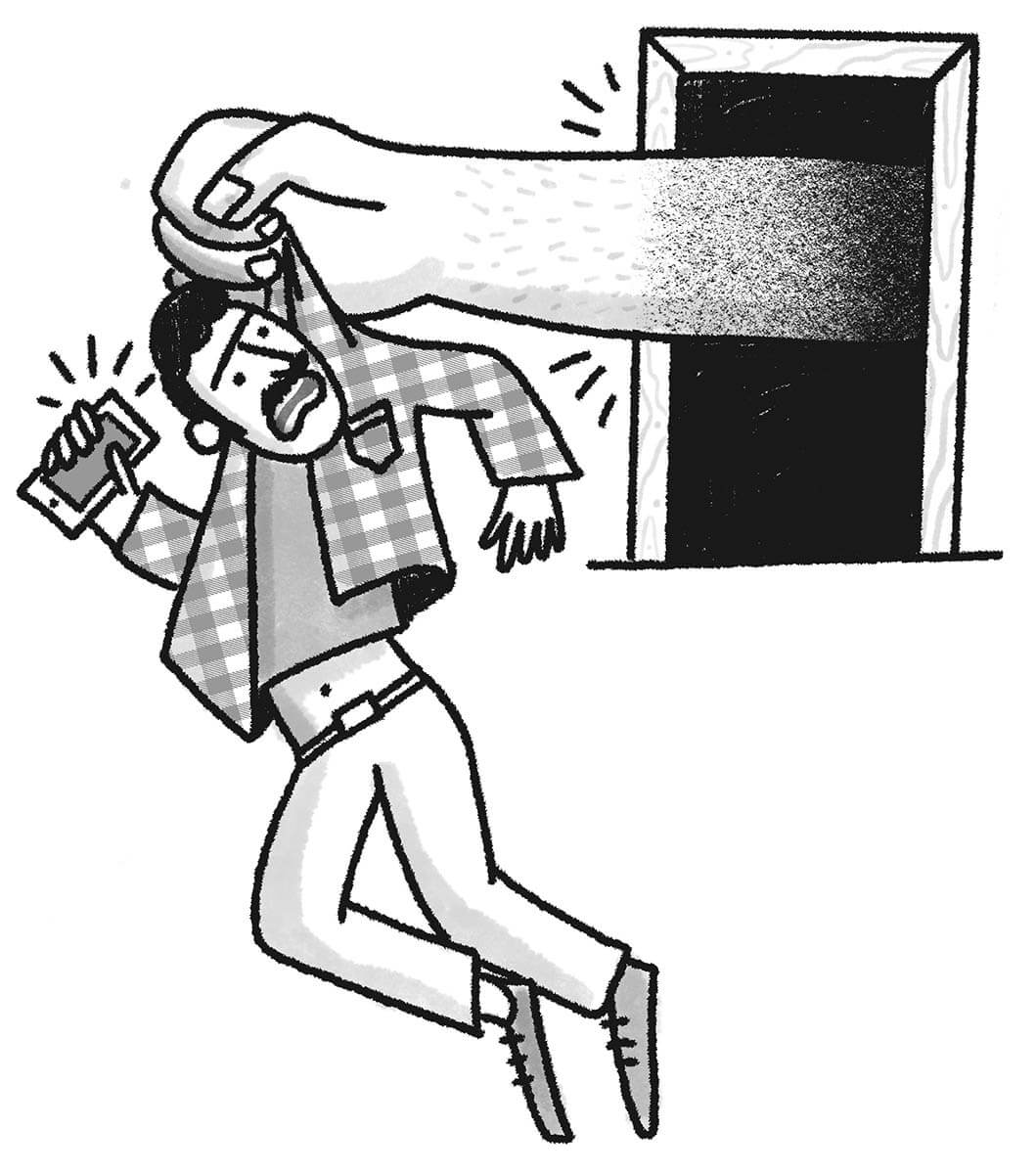For those of us of a certain age, we remember reaching into our pockets for our lighters and raising them into the air when the band we paid good money to see got to the power ballad portion of its set.
Now, you go to a show, and it’s a sea of cellphones.
Show snippets fill YouTube channels, from metal to hip-hop to spoken word appearances. Everything is instantly shareable.
And that’s the problem. Put up your hand if you’ve been to a show and had to crane your neck to get a good view of the stage, thanks to the cellphones raised in the air. Or, if you’ve noticed how much the bright cellphones take away from the stage lighting.
Well, if you’ve been annoyed, don’t fret. You’re not some sort of misanthrope. In fact, many artists have had enough of cellphones at their shows.
When comedian Amy Schumer plays the Great Outdoor Comedy Festival here in Edmonton on Aug. 13, ticketholders will be given a Yondr pouch upon her performance. By 8:30 p.m., showgoers are expected to have their cellphones locked in their pouches. These pouches will be opened by staff as the audience members leave the show. There will be an area provided away from the stage for people to make calls — after all, someone may need to check with the sitter, or need to make an emergency call or text.
Bill Burr’s shows in June, part of the Calgary version of the Great Outdoor Comedy Festival, were also phone free.
They aren’t part of a small group of outsiders. A rising number of artists are saying no to cellphones at their shows, from Jack White to Bob Dylan. But, when it comes to comedy, there’s an even greater need to keep the material from being recorded and shared. Comedians depend on their routines staying fresh as they take their shows from city to city. The best way for their jokes to work is if the audience hasn’t heard them before. As well, if they’re taping specials for streaming services or networks, they don’t want to see that material already out on the Internet.
“Yes, this will start to be a trend in the comedy scene for larger headliners moving forward,” wrote Chris Schoengut, vice-president at Trixstar, the company putting on the Great Outdoor Comedy Festival. “It’s a minor inconvenience that creates a better experience for the attendees and those performing when it’s all said and done. Certainly part of it is protecting their content, and the other part is the sensitivity of the audiences — if something is taken completely out of context from a short clip of their set, they need to be protected.”
This article appears in the Summer 2022 issue of Edify
